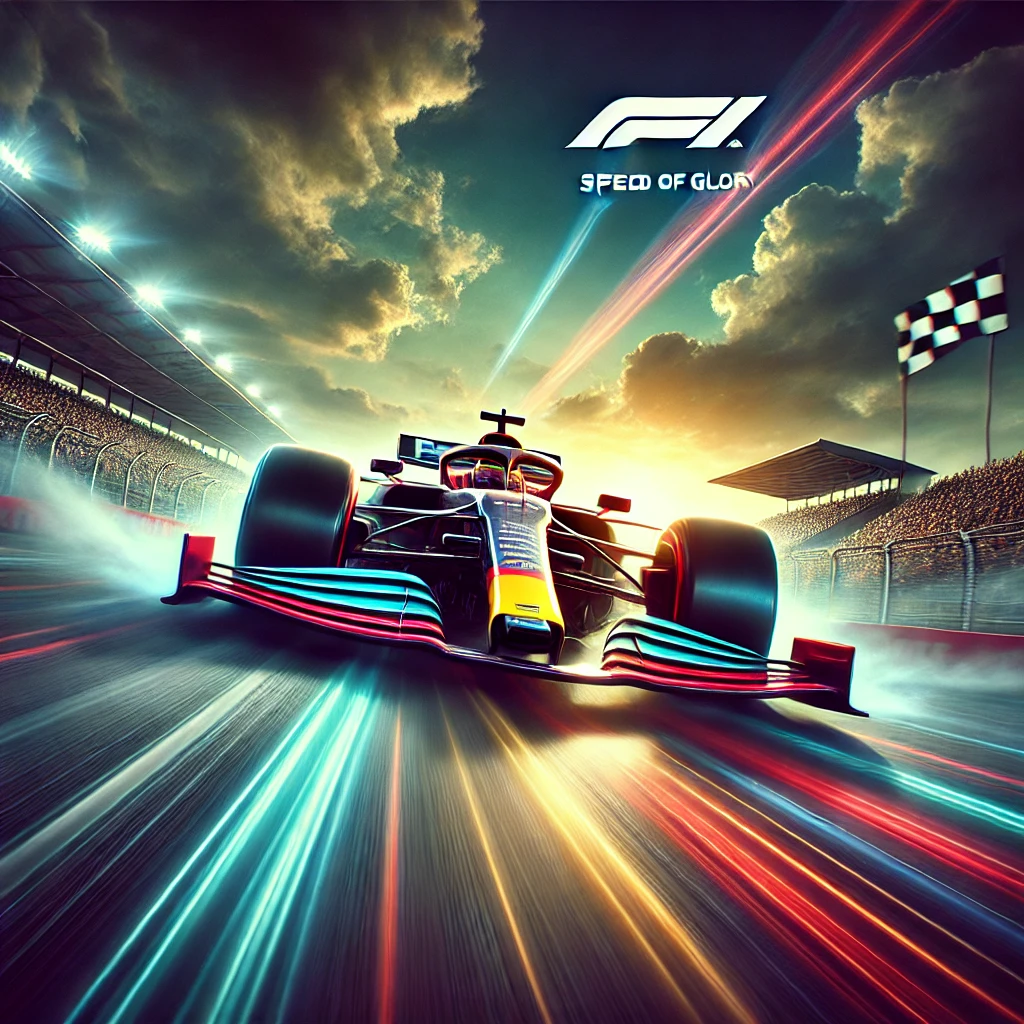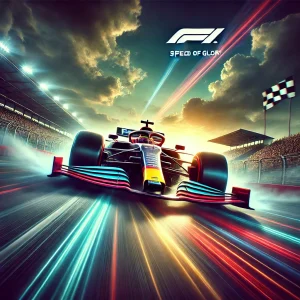F1

🍿 When F1 Cars ‘Race’ with Psychology and Tactics More Than Speed”
Formula 1 racing isn’t just about speed; it’s also a game of strategy full of calculations. Imagine sitting in an F1 car, going up to 350 km/h. But it’s not just about that — you also have to face a crucial decision: “When should I pit?”
The 2008 F1 season proved this point clearly. At the Singapore Grand Prix, a controversial event unfolded that became one of the most infamous and tactically brilliant moments in history: Nelson Piquet Jr.’s win at the Singapore Grand Prix.
This wasn’t a regular win, because it was crafted with a very sophisticated strategy and… was pre-arranged. The story began when Piquet was asked to deliberately crash into the wall, causing a safety car to be deployed. This move created an opportunity for Piquet’s Renault team, as their competitors had to pit later and were “trapped” by the safety car. Piquet took advantage of this opportunity and won the race.

So, what makes this story interesting? It wasn’t just a win by speed; it was a win by strategy and psychology. Sometimes, in F1, tactics matter more than raw speed. That’s why famous drivers like Michael Schumacher, Lewis Hamilton, or Sebastian Vettel don’t just need excellent driving skills, but also the ability to make quick, precise decisions under pressure.
Have you ever wondered, “If I were an F1 driver, would I be able to win?” It’s not just about speed; it’s about calculating every move in this complex strategic game!
Discussion Questions:
- What do you think about strategy in F1? Have you ever imagined what you’d do if you were in a driver’s position?
- Do you think setting up a victory like this is fair, or is it just a clever trick in sports?











